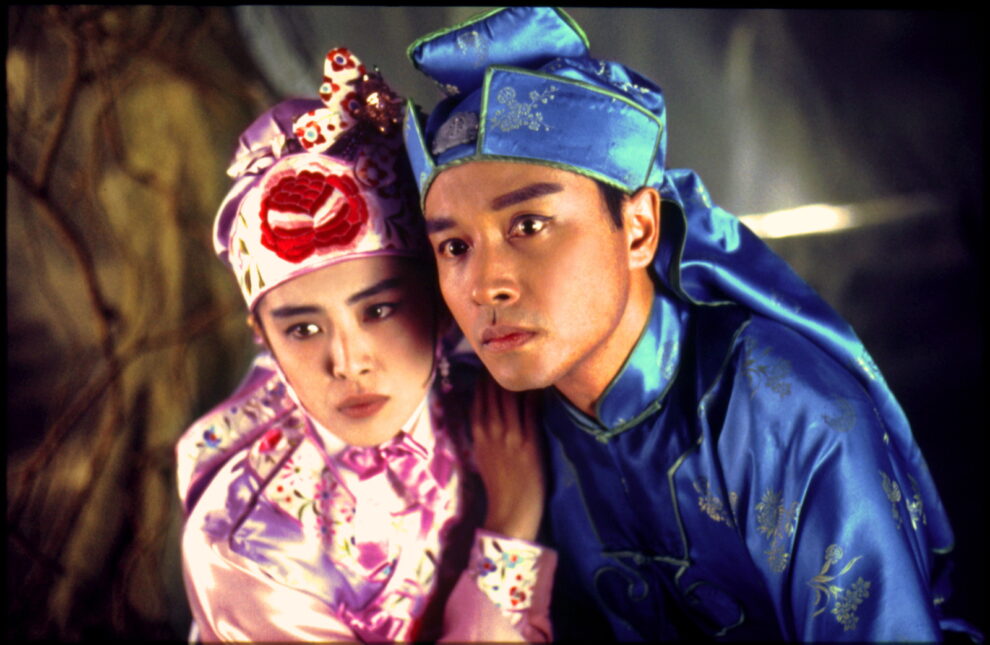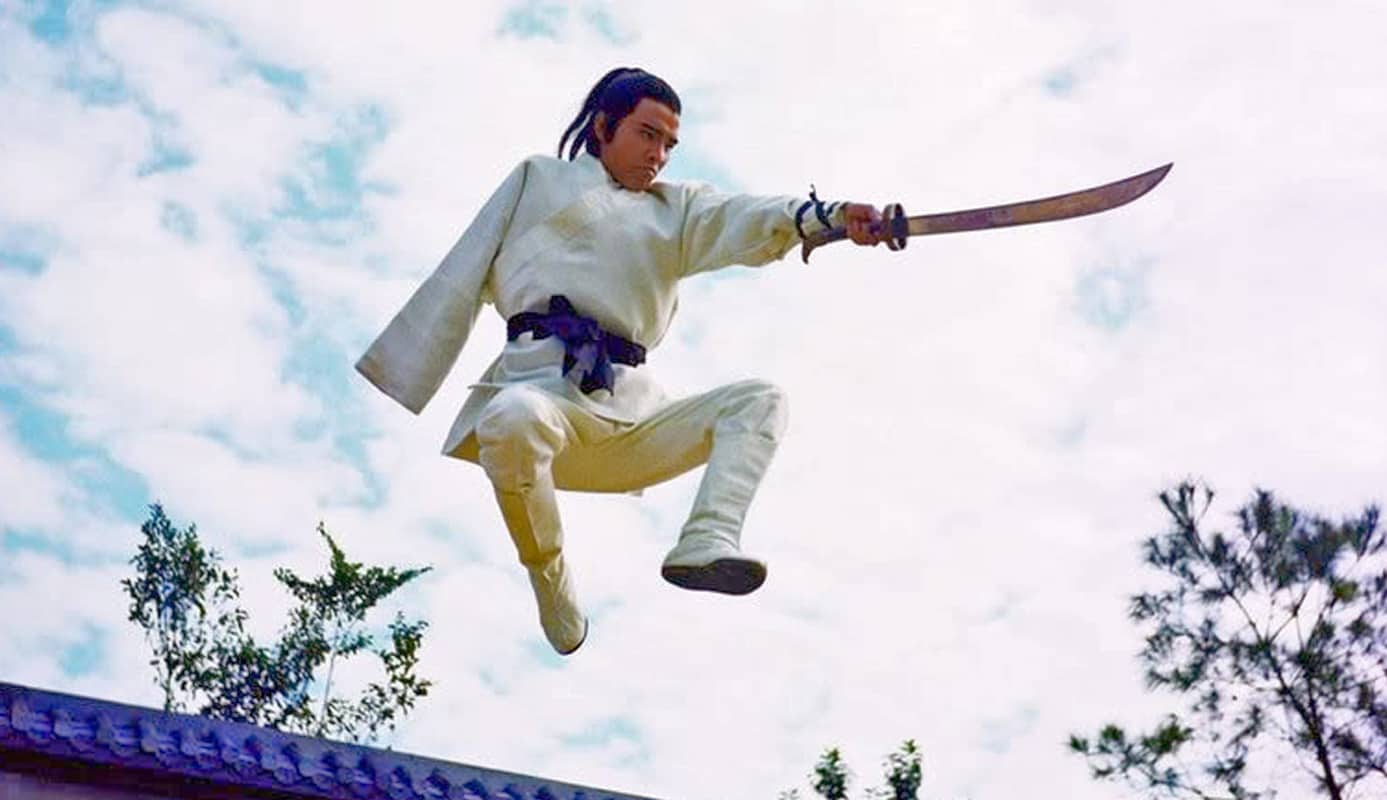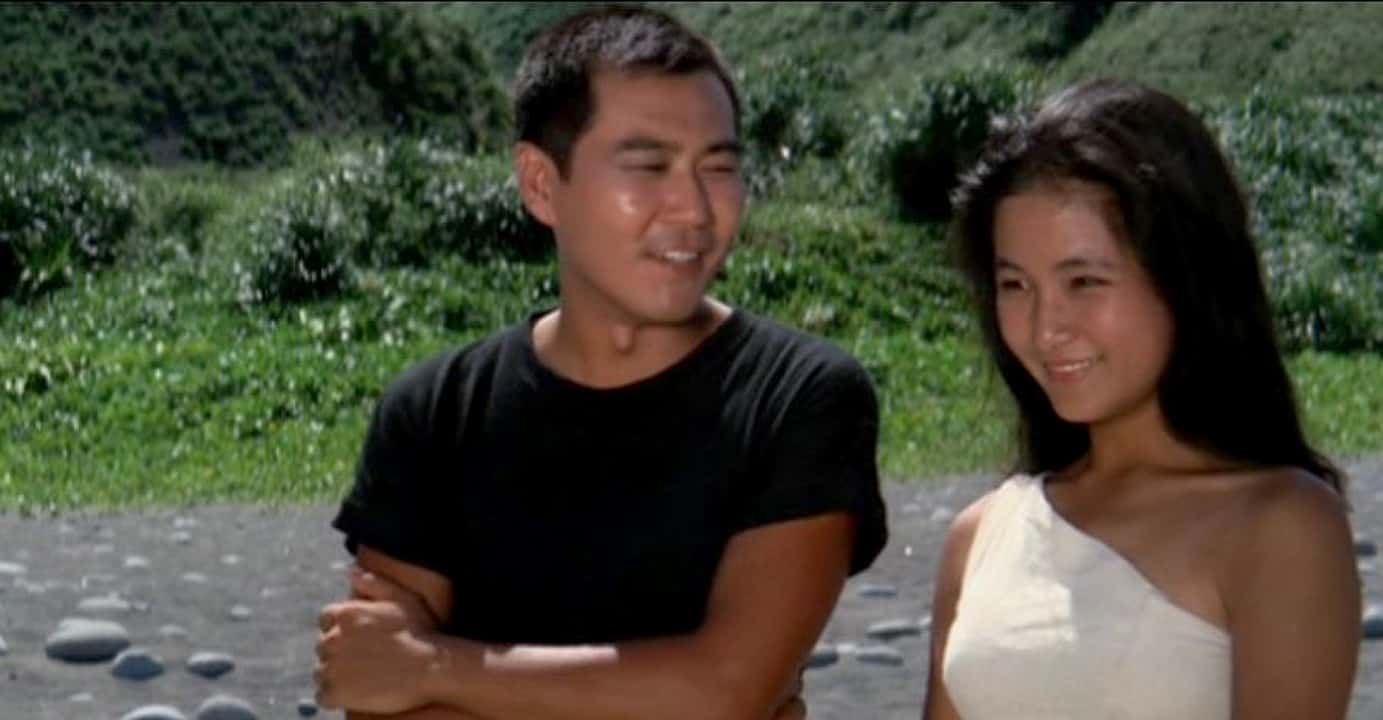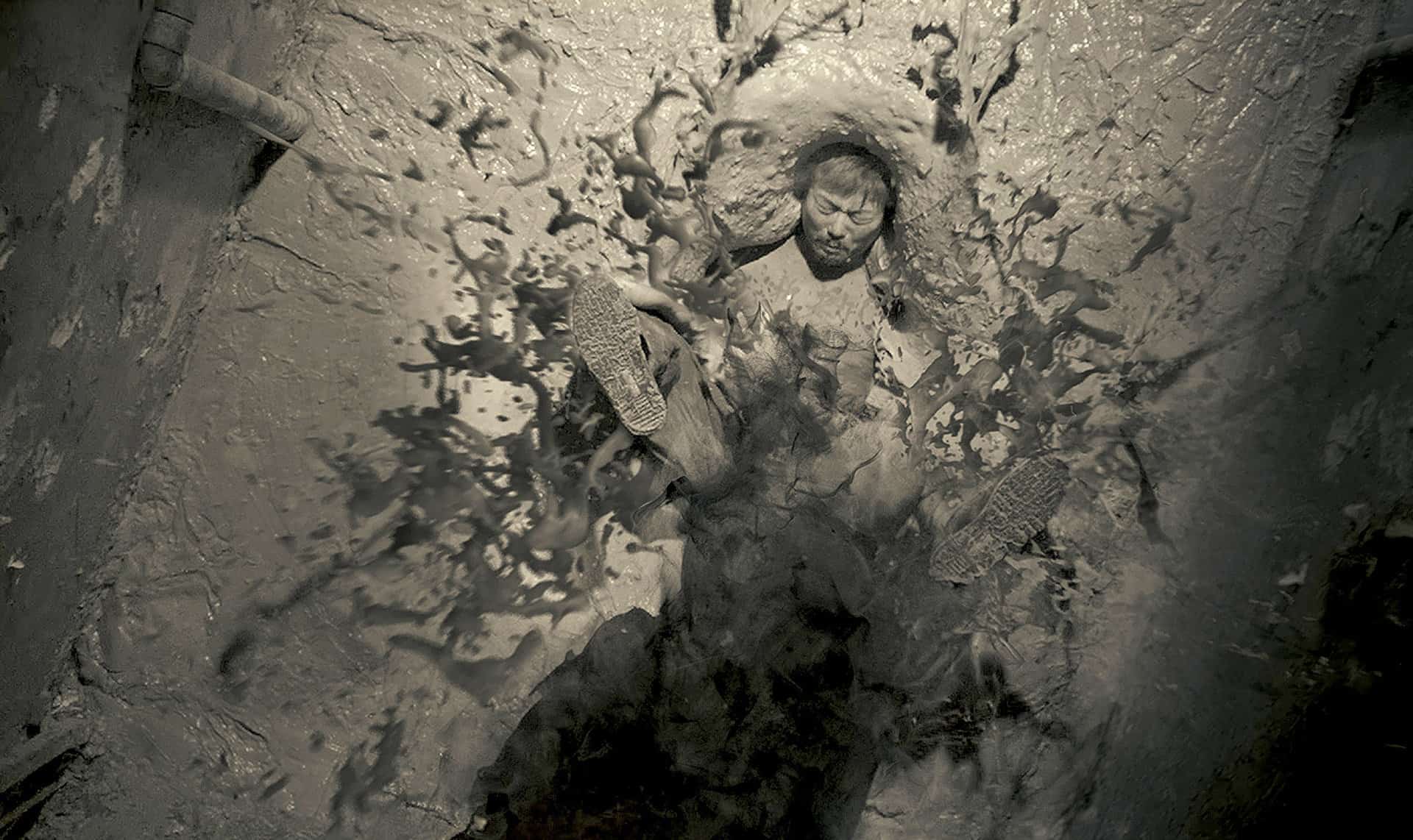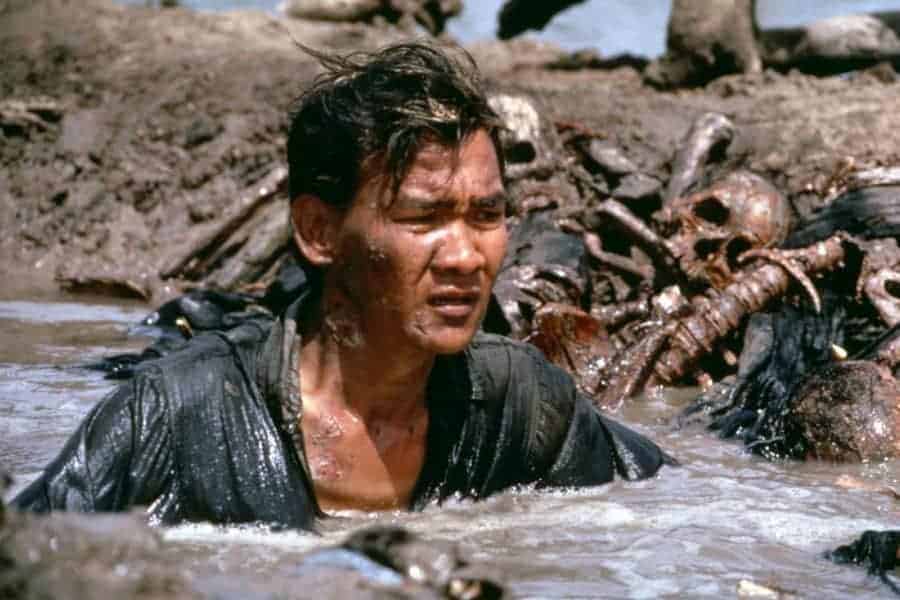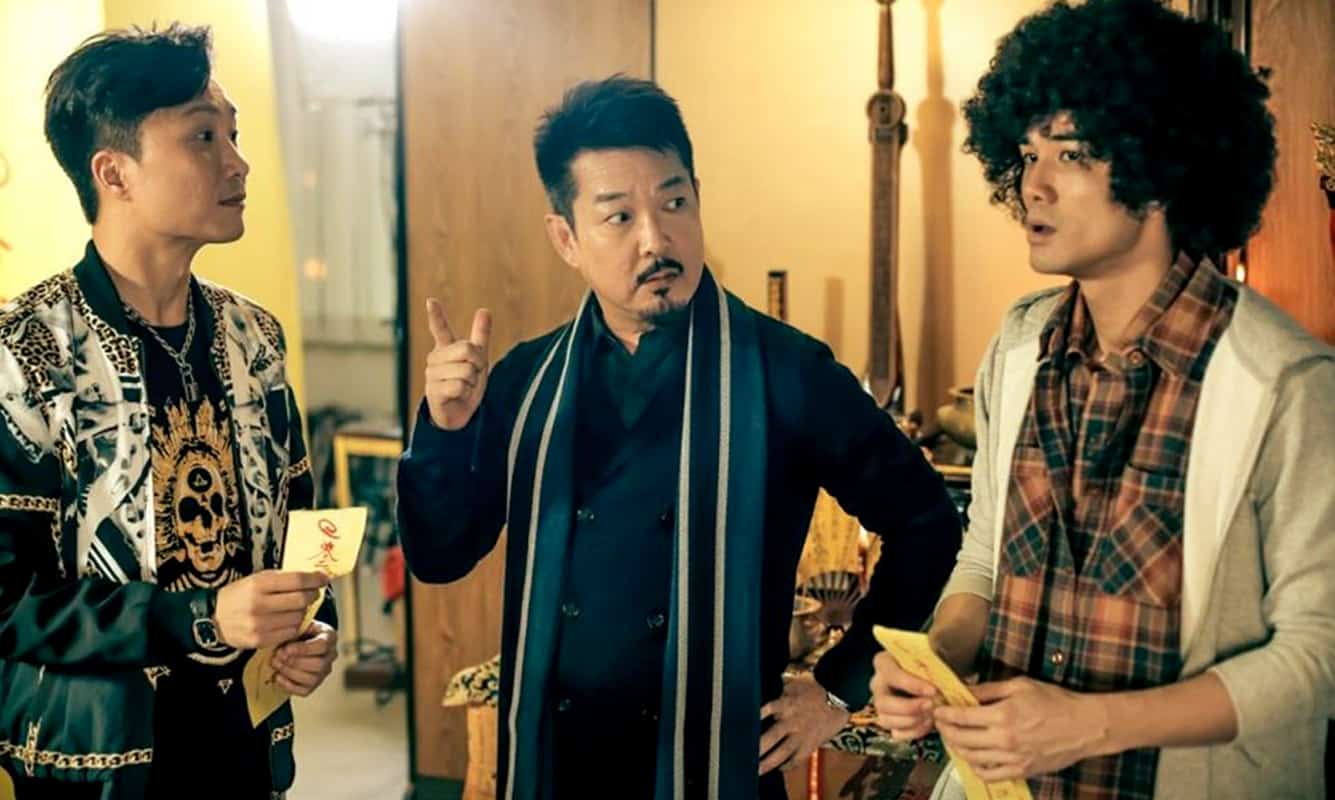Wong Kar-wai isn't a filmmaker particularly known for his sense of humour. His work is many things: romantic, sumptuous, sensual, atmospheric. When he does attempt comedy, it's often tied to one character, an oddball outlier who provides a humorous foil to one of his stony-faced protagonists. The last thing you would expect his name attached to is a wacky parody wuxia movie less in line with King Hu and more on the same page as a Zucker Brothers production, and yet, from the spare change of the enormously expensive and troubled production behind his own “Ashes of Time”, “The Eagle Shooting Heroes” exists.
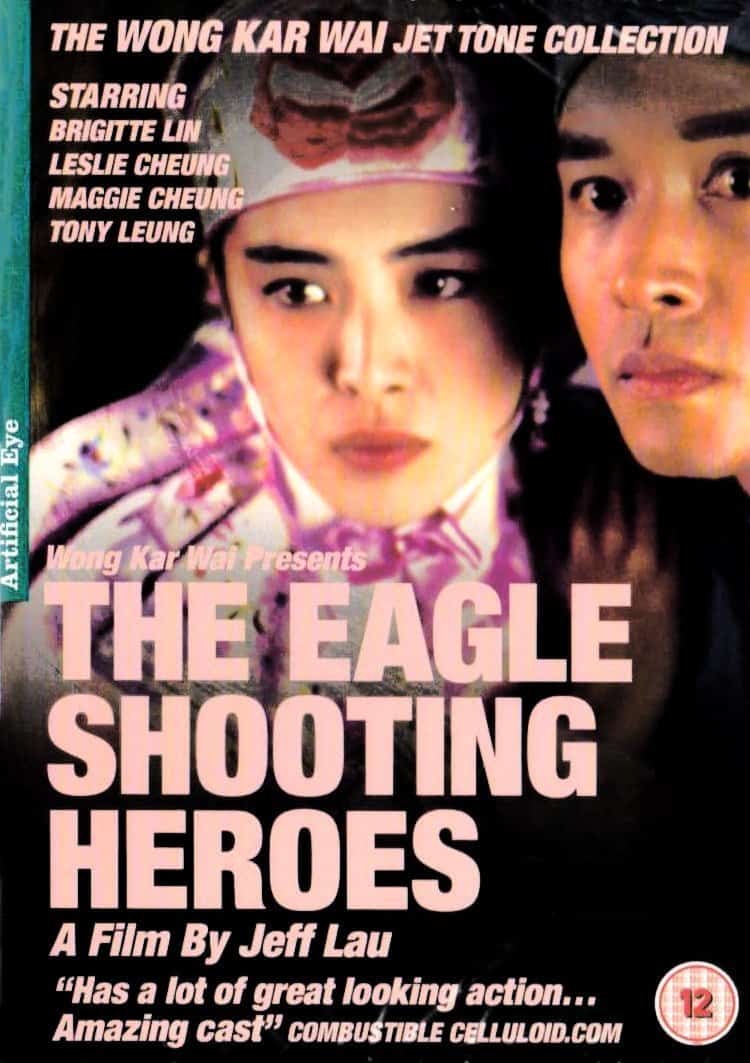
Jet Tone Films was established after the release of Wong's first two sensitive tough guy movies (“As Tears Go By” and “Days of Being Wild”), and its initial efforts went towards adapting Jin Yong's classic wuxia novel, “The Legend of the Condor Heroes”. “Ashes of Time” was its ill-fated end product, ironically and finally releasing in 1994 after Wong made “Chungking Express” as a remedy to his creative and financial frustrations when editing his first stab at an action film. Ultimately, the funds for “Ashes of Time” weren't proportional to the scale of its unwieldy production, so to absorb some of the over-inflated budget, the entire creative team set to work on a fresh, more surreal adaptation of Yong's novel to be released at Chinese New Year in 1993. The result is Jeff Lau's scrappy, go-for-broke and immensely likeable excuse for a host of Hong Kong's most famous faces to let their hair down in a ludicrous pantomime that plays like a Shaw Brothers film on Skittles.
The story follows an intersecting bunch of characters of high and low status. A coup conducted by the villainous Ouyang Feng (Tony Leung Chiu-wai on the silliest form of his career) and his Machiavellian cousin/wife (a delightfully evil Veronica Yip) kickstarts a number of warriors, monks and vagabonds on a search for the all-powerful Book of Yin, a text that when studied and mastered will give its reader limitless kung fu powers. There are two snags: first, that the characters are already well-versed in physics-defying fighting styles (leading them into plenty of skirmishes along the way), and second, they keep getting distracted in a series of unexpected love affairs and seductions. Turns out, all's unfair in love and war when the chaos of excessive violence and horniness threatens to upset the balance of an entire country.
Although a lot technically ‘happens' along the way, the ins and outs of how each character ends up falling hopelessly in love with one another are borderline incomprehensible, definitely knowingly so, because the machinations of the plot are completely secondary to the wall-to-wall gags this throws at the viewer. Whether many (or any) of these are successful will depend on your mood. To say “The Eagle Shooting Heroes” is exhausting is an understatement, as Lau's frantic enthusiasm for comedy and action lets him direct the hell out of every camera movement, every high-wire stunt, every gurn from a good-looking face of Hong Kong cinema.
The film is strongest as a selection of slapstick set-pieces, all shot by legendary “Crouching Tiger, Hidden Dragon” cinematographer Peter Pau, demonstrating his versatility behind the camera as a master craftsman of comedy as well as drama. Where he brought a grace and dignity to the fights in Ang Lee's international hit, Pau goes for broke with wide angle, high frame rate energy, following characters as they are spectacularly flung from one side of the ropey sets to another. Whether it be a grand throne room or a mysterious cave, Wong regular William Chang's production design reeks of garish tackiness, and that perfectly fits the colourful, ramshackle tone from beginning to end. The entire enterprise is a cheap and cheerful experiment that sees so many valued artists playing against type, so even if the full-on kookiness of the humour isn't for you, there's consistent surprises to be found across the board, both in front and behind the camera.
However, there's perhaps no greater surprise than Tony Leung Chiu-wai's frankly insane performance, complete with an evil laugh straight out of a Hanna-Barbera cartoon and an increasingly startling amount of prosthetics as his pratfalls get more and more spectacular. He's unrecognisable by the end of the second act; his lips like sausages and his ears like teacups, his extended duel with Jacky Chung (playing lovesick peasant Hung Chi, a country bumpkin with a death wish after his cousin rejects his romantic advances) makes him a bizarre sight and ostensibly the film's punching bag. When compared to his noble blind swordsman character in “Ashes of Time”, the two characters could not be farther from one another. The same can be said for Leslie Cheung's happy-go-lucky warrior Huang Yao-shi or Carina Lau's macho martial arts master Chou Po-tung, and every single member of the rest of the cast. When measured against the arduous production of “Ashes of Time”, it's easy to tell that it's a pleasure for all involved to do something so silly in comparison.
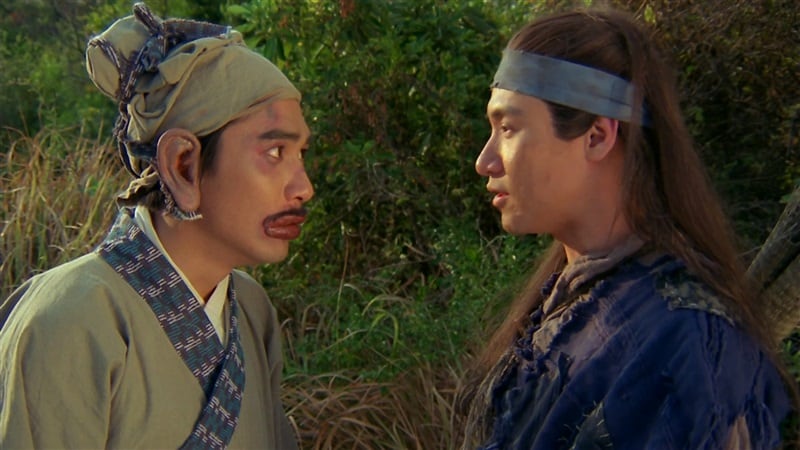
However, some sequences do suffer from going too broad. Tony Ka Fai Leung is landed with the film's most colourful performance, a wannabe angel who will ascend to heaven upon his soul mate declaring their love for him. The character is pitched at such a level of high camp that he wouldn't be look out of place as a pantomime dame, and the homophobic treatment of his character from his would-be starcrossed lover draws the film into some tricky territory that undermines the laughs. When the gags fall flat, they fall with a clatter, but when they work, they work on a rare level of surreal hilarity few filmmakers would dare to swing for.
That laissez-faire attitude to quality control is what gives “The Eagle Shooting Heroes” its irresponsible charm. The stakes for creating a genuine masterpiece were low during its production, as all it had to do was make some easy money during a profitable period of the cinematic year. And while it didn't make a huge splash at the box office, it certainly absorbed some of the damage caused by “Ashes of Time”, a film which went on to see a drastic overhaul in 2008 by Wong in a redux cut. Placing the two side by side creates a strange harmony, one where a team of gold-standard artists took a revered text and made something fascinating twice over. “The Eagle Shooting Heroes” is also surprisingly the superior film, less hampered by a reverence for its origins and a desire to be important, and more concerned with moment-to-moment entertainment that proves to be a winning experience. One can only imagine the parody version of “In the Mood for Love” had that one gone south…


